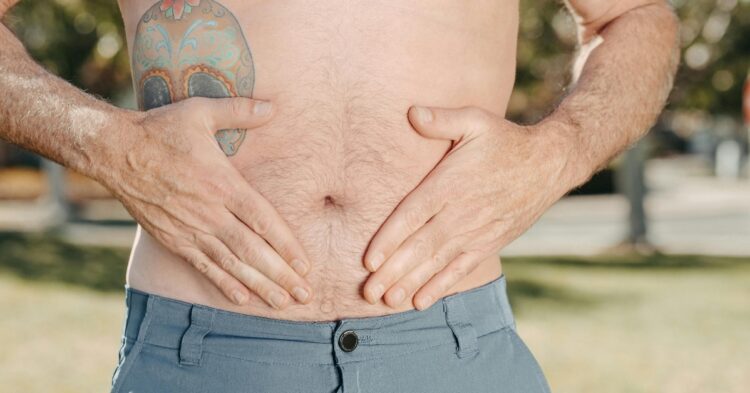Talking about number two can be discomforting — or even disgusting — but it’s inevitable, especially if you want to better understand your health. People poop at different times, but when it happens right after eating a meal, it’s called a gastrocolic reflex. This is a totally normal function in our bodies, but if it happens a little too much, your body might be giving you some warning signs.
More about gastrocolic reflex

According to Healthline, the Gastrocolic reflex is a natural reflex in our bodies that “signals your colon to empty food once it gets to your stomach to make room for more.” If the reflex is being felt excessively, then there might be a problem.
TikTok expert elaborates more

Board-certified gastroenterologist Dr. Joseph Salhab explained on TikTok that this bodily phenomenon doesn’t mean that the “food is moving instantly throughout your gastrointestinal tract.” Rather, it’s the gastrocolic reflex being in action to make more space for the incoming food.
The reflex’s mechanism of action

Dr. Salhab breaks the gastrocolic reflex down further, saying: “Your stomach stretches and then this sends signals to your brain which then sends signals to your colon.” He explained further that “your colon then begins to contract to make more room for the food,” and it ends up making you want to go to the bathroom.
How long it takes

For the digestion to take place and the large intestine to contract, move down the stool to the rectum, and to have enough stool to be excreted, that takes about 10 hours to three days. In other words, when you poop, you poop the food from a day or two ago.
“Heightened sensitivity” to the reflex

People with irritable bowel syndrome (IBS) have a more sensitive gastrocolic reflex. According to the Cleveland Clinic, “IBS causes uncomfortable or painful abdominal symptoms. Constipation, diarrhea, gas, and bloating are all common symptoms of IBS.”
How IBS affects the gastrocolic reflex

Dr. Salhab elaborated on how IBS can affect the gastrocolic reflex, saying: “Certain people after they eat get really bad abdominal pain or cramping and even diarrhea because the contractions of the colon can be very powerful and very forceful.”
How to overcome the problem

Dr. Salhab recommends a low FODMAP (fermentable oligosaccharides, disaccharides, monosaccharides, and polyols) diet. This diet can help you identify certain foods that your gastrointestinal tract may be sensitive to and can trigger your gastrocolic reflex more intensely and frequently.
Healthy eating can go a long way

Dr. Salhab also recommends healthy eating, avoiding “carbonated beverages, alcohol, certain citrus foods, sometimes dairy as well, and fried or fatty foods.” Our bodies are different from one another so there is no one standard but a low FODMAP diet determines which foods are good for you and which aren’t.
The normal pattern for number two

Normally, most people get the urge to go to the bathroom after 15 to 90 minutes after eating. Having a longer meal can send you to the bathroom shortly after and not feeling the urge after a meal can be normal, too.
Risks of ignoring the urge to poop

If ignoring the nagging urge to poop was a one-time thing, like being at work or while driving, that’s okay. However, if you make a habit out of it and it grows to be frequent, you can eventually become constipated, and that leads to discomfort and problems.
















































